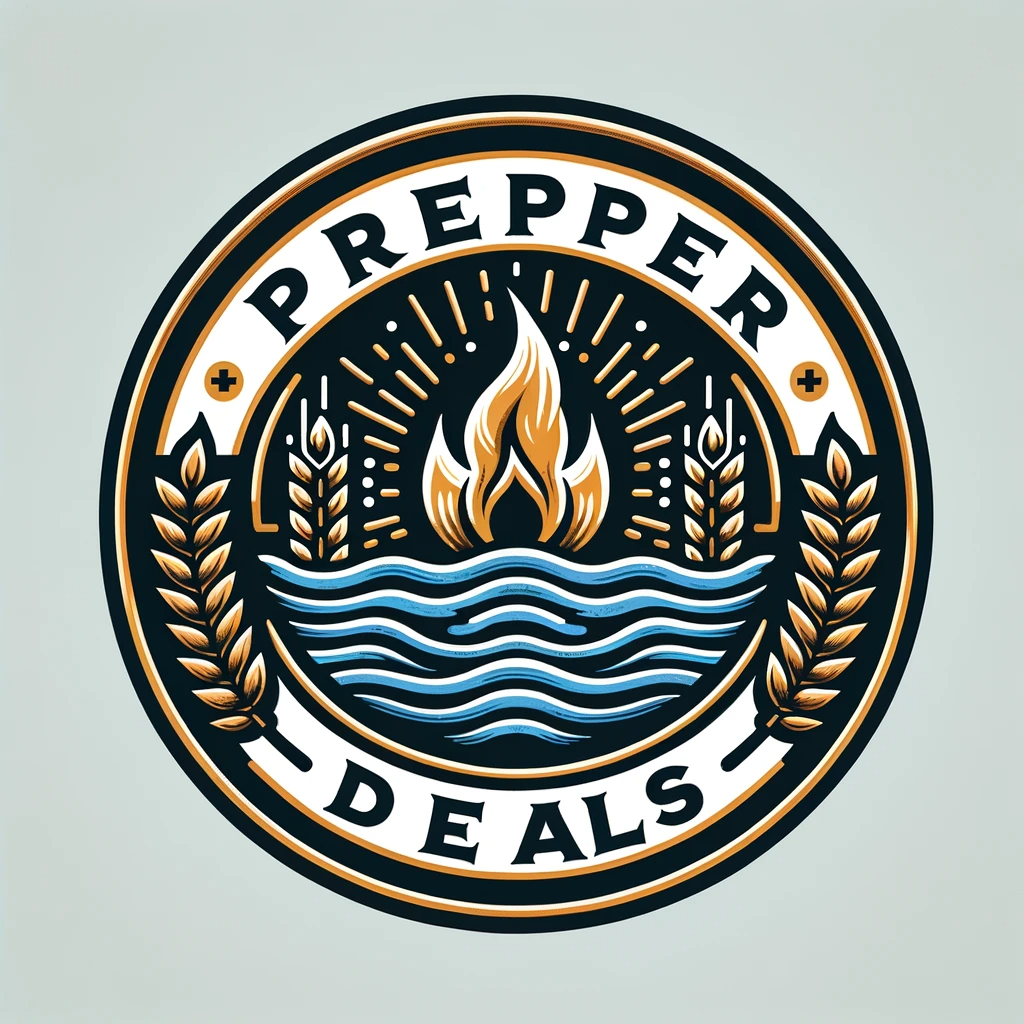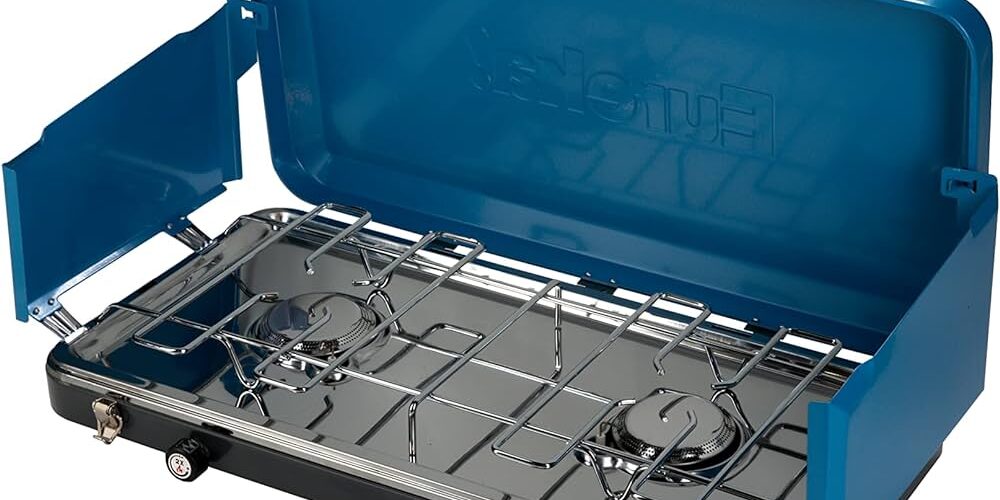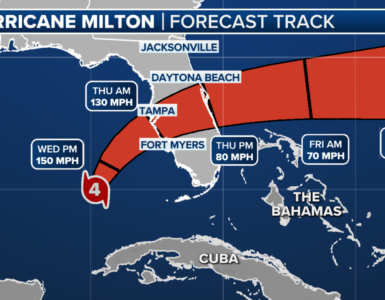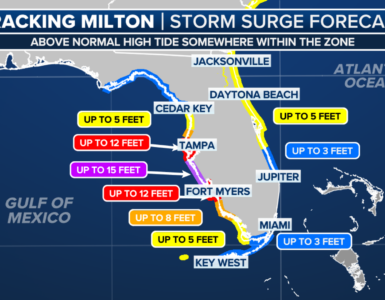Are you someone who loves the outdoors? The scent of fresh air and the sound of birds chirping in the morning? Do you find yourself asking whether food tastes better when cooked outside? If so, then this is the blog for you. In this post, we’ll unravel the charm of outdoor cooking and explore key factors that enhance outdoor food flavor. We’ll also dive into the psychology behind why people enjoy outdoor cooking so much and how it connects us with our ancestors. Lastly, we’ll provide tips and tricks to help you master the art of outdoor cooking, including avoiding common mistakes and using camping stoves. Let’s get started on exploring if food really does taste better when cooked outside!
Table of Contents
Unraveling the Charm of Outdoor Cooking
Cooking outdoors presents a unique flavor experience, offering a refreshing break from routine dining. The aroma of food cooking and the open air elevate the dining experience, enhancing the perception of taste. Food tastes better when cooked outside, as fresh air adds to the overall flavor profile.
The Allure of Fresh Air and Open Spaces
Enhancing the taste of food, fresh air creates a unique flavor while cooking outdoors. The open air activates taste buds and heightens the sense of smell, contributing to the allure of open spaces. Additionally, high temperatures outdoors lead to the maillard reaction, enhancing the overall tasting experience.
The Social Aspect of Cooking Outside
Cooking in open air evokes gratitude for the stunning scenery, enhancing the dining experience. Whether shared poolside or at a picnic, food seems to taste better, creating unique dining experiences in Florida’s open air. The high heat outdoors alters food taste perception, making the flavors more vibrant.
Key Factors that Enhance Outdoor Food Flavor
The taste of food outdoors is enhanced by the maillard reaction, smoking, and grilling. Fresh air positively impacts taste perception, activating taste buds and aroma. These factors contribute to a unique flavor profile, enriching the overall outdoor dining experience.
Influence of the Maillard Reaction
The high temperatures outdoors trigger the maillard reaction, adding unique flavor to food. This reaction changes food taste perception and enhances it for the next time. Additionally, outdoor cooking at high temperatures activates amino acids, contributing to a richer tasting experience.
The Role of Smoke in Flavor Enhancement
Enhancing food taste perception occurs when smoking food outdoors, as the aroma and unique flavor play a role in the overall taste experience. The chemical reaction triggered by smoke outdoors further elevates the taste, adding to the flavor enhancement. The distinct taste of smoked food is a result of this process.
Impact of Grilling on Food Taste
Grilling food outdoors creates a distinct flavor profile, as the high temperatures trigger the Maillard reaction, forming a savory crust that enhances the taste. This unique flavor perception is further heightened by the aroma of the smoke, enhancing the overall taste experience. Grilled food is often perceived to have a more enhanced and flavorful taste due to these outdoor cooking methods.
Understanding the Psychology Behind Outdoor Cooking
Outdoor cooking fosters a distinctive dining experience, linking individuals with their ancestors to enrich food taste perception outdoors. The novelty of outdoor cooking alters food taste perception and cultivates gratitude for open-air dining experiences. As a result, open-air cooking provides unique dining opportunities, stimulating the psyche and enhancing flavor perception.
The Novelty Factor in Outdoor Cooking
When cooking outside, diners experience a unique flavor and fresh dining. The novelty of outdoor cooking enhances food taste perception by creating a unique flavor profile. Open air cooking offers a fresh dining experience, providing diners with a distinct and enjoyable culinary experience.
The Connection between Outdoor Cooking and Our Ancestors
Enhancing food taste perception, outdoor cooking connects us to our ancestry, creating unique dining experiences. The heightened senses of smell and taste buds outdoors amplify the flavors, offering a link to our past. Next time, try cooking outside to savor the authentic connection to our ancestors’ culinary experiences.
Mastering the Art of Outdoor Cooking
Mastering the art of outdoor cooking introduces a unique flavor profile to dishes, allowing for high temperatures essential for the Maillard reaction. The open air enhances the dining experience, offering fresh air that enhances the perception of food taste. Furthermore, grilling outdoors creates a crust that’s hard to replicate indoors.
Tips and Tricks for Perfect Outdoor Dishes
Enhancing outdoor dishes can be achieved by using olive oil in salad dressings for added flavor. Consider the seasonality for the freshest ingredients. Cooking meat at the right temperature is crucial for optimal taste. Add depth to dishes by incorporating leafy greens. Unique aroma is a hallmark of outdoor cooking, enhancing the overall experience.
Avoiding Common Outdoor Cooking Mistakes
When cooking outdoors, pay attention to heating picnic snacks for tastier results. Understanding the Maillard reaction helps avoid dry heat cooking mistakes. Properly dress food for outdoor dining experiences to enhance enjoyment. Express gratitude for the scenery to elevate the dining experience. Utilize high heat techniques for better poolside cuisine.
Is the Enjoyment of Outdoor Cooking Influenced by Cultural Factors?
The enjoyment of outdoor cooking can be influenced by cultural factors. Different cuisines and dining experiences in open air settings can impact the perception of food taste. The sense of smell is heightened, and the absence of urban distractions allows for a greater appreciation of food. A picnic setting in London, for example, offers unique dining experiences that can enhance the taste of food.
Camping Stoves
Mobilize a portable grill to cook meat at high temperatures, intensifying flavor profiles. The delightful aroma of meals prepared on camping stoves enriches dining experiences. Cooking over a campfire yields a distinctive flavor, diverging from traditional methods. The sense of nostalgia associated with campfire cooking significantly influences food taste. Embrace fresh air and open flames to heighten the taste of dishes cooked on camping stoves.
Frequently Asked Questions
Why does food taste better when cooked outside?
Cooking outside enhances food flavor due to the smoky and charred notes it adds. The fresh air and outdoor ambiance also contribute to an improved dining experience. Unique cooking methods like grilling and smoking further enhance the taste. Additionally, the change of scenery can uplift your mood, making food taste even better.
What are some ways to cook food outside and enhance the flavor?
Grilling is a popular outdoor cooking method that infuses food with smoky flavors. Adding wood chips or charcoal can enhance the taste even further. Cooking over an open fire with a Dutch oven or cast iron skillet can also create unique flavors. Don’t forget to use herbs, spices, or marinades for an extra boost of flavor.
Is there any science behind the claim that food tastes better when cooked outside?
There is scientific evidence supporting the claim that food tastes better when cooked outdoors. The infusion of smoke and outdoor flavors enhances the flavor profile, while the experience of cooking outside adds to the overall enjoyment. However, personal preferences and cooking techniques also influence the taste.
What are some tips for grilling food to maximize its flavor?
To maximize the flavor of grilled food, make sure to preheat and clean the grill before cooking. Enhance the taste by marinating or seasoning the food beforehand. Use indirect heat for larger cuts to ensure even cooking. Finally, let the meat rest for a few minutes after grilling to allow the juices to redistribute.
Are there any downsides to cooking food outside, besides weather conditions?
Despite the allure of outdoor cooking, there are a few drawbacks to consider. Cooking outside can attract unwanted guests like insects. Additionally, it may require extra equipment and supplies. Fire restrictions or regulations may also limit outdoor cooking in certain areas. Finally, outdoor cooking requires careful attention to prevent accidents or foodborne illnesses.
Can cooking food outside change its nutritional value or calorie count?
Cooking food outside can have an impact on its nutritional value and calorie count. Grilling or barbecuing can reduce the overall calorie count by causing fats to drip off the meat. However, cooking at high temperatures can also lead to the formation of potentially harmful compounds. Balancing taste and nutrition is key when cooking outdoors.
How does the type of wood or charcoal used affect the taste of the food being cooked outside?
The choice of wood or charcoal can significantly impact the flavor of outdoor-cooked food. Different types of wood, such as hickory and mesquite, produce smoky flavors, while applewood and cherrywood offer sweeter tastes. Charcoal briquettes are popular for their even burn and consistent heat source. Experimenting with various options adds variety to your outdoor cooking experience.
Is there a difference in taste between gas and charcoal grilling?
Gas and charcoal grilling definitely offer different taste experiences. While gas grilling is convenient, charcoal grilling imparts a smoky flavor to the food that many people love. The choice between the two ultimately depends on personal preference.
Conclusion
In conclusion, cooking outside does bring a unique and enhanced flavor to your food. The combination of fresh air, open spaces, and the use of grills or smokers can create a tantalizing taste that is hard to replicate indoors. The Maillard reaction, the influence of smoke, and the impact of grilling all contribute to this flavorful experience. Additionally, there is a psychological aspect to outdoor cooking, as it offers a sense of novelty and a connection to our ancestors who cooked over open fires. If you want to master the art of outdoor cooking, be sure to follow tips and tricks, avoid common mistakes, and consider cultural factors that may influence your enjoyment. Sign up now to receive more outdoor cooking inspiration and techniques.
















